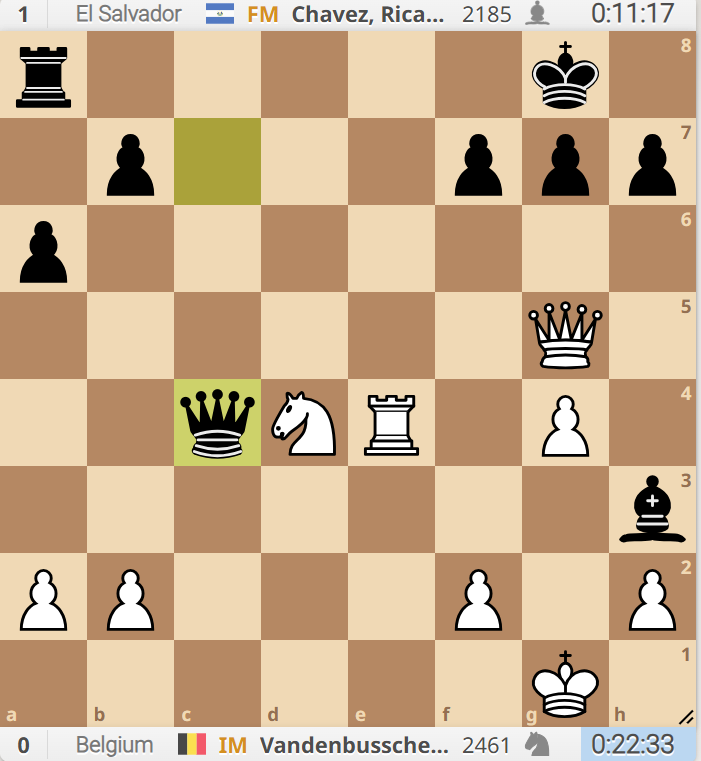Philippe Vukojevic 15.09.2024
‘Budapest is the most beautiful city in the world,’ I read in an article by Laszlo Jakobetz. Judit Polgar also confided this to me when she came to the 2022 Belgian Youth Championships, but she then also added: ‘… but Bruges is also a beautiful city’.
I doubt that Budapest is the most beautiful city in the world, and the fact that since my arrival it has only been raining, only reinforces this feeling: everything looks grey instead of black and white.
By the way, Budapest certainly wasn’t the most beautiful city in the past either, because in 1873, when the districts of Pest (Pesth), Buda and Obuda on the left and right banks of the Danube were united, the later large city was still a moderately developed settlement with average architecture. At that time, it had already survived a decade and a half of Turkish rule (1541-1686) and the reconciliation with the Habsburgs (1867) after the defeat in the War of Independence of 1848-1849, which led to the foundation of the Austro-Hungarian monarchy.
The approximately 300,000 inhabitants of Budapest at the time of unification were thus exposed to a small Turkish and a large German cultural influence. As a city with a Hungarian majority, for example, the German language was used at local level and part of the population went to Turkish baths.
Anyway, let’s talk about chess: in 1873, crucial year in Budapest’s history, the Hungarian capital of the monarchy had a progressive chess scene on a European scale. The authorities had once again authorised social gatherings, including chess. And the world fame that the Pest Chess Club, founded in 1839, achieved with its 2:0 victory in the correspondence match against Paris in 1842-1846 (well, carrier pigeons were slower than our contemporary e-mail traffic) was still fresh in the memory. In 1860 the first Hungarian chess column appeared in the newspaper Vasarnapi Ujsag, and in 1872 the first independent Hungarian-language chess textbook was published by Istvan Marki in Gyula, where Ferenc Erkel (1810-1893 – see picture), the famous composer and author of the Hungarian national anthem, was born. From 1865 until his death he was president of the reorganised Pest Chess Club and from 1859 to 1862 he was the strongest chess player in the country. The general music director of the Hungarian National Opera, which was built in 1884 in the neo-Renaissance style, is not known for many of his games. However, his brilliant attacking style may have contributed to the fact that he received two invitations to international tournaments, which he unfortunately declined due to his occupation as a musicologist. This is a pity, as he could have competed with the best in the world. Fortunately, as we will see later, not all Hungarian talents gave priority to music over chess.

So much for a first chapter in the history of the Hungarian capital.
Meanwhile, at the Olympiads, they were already on the fourth chaptertoday. For our country, again not a smashing chapter. For some players, the games were a bit in the image of the weather: drizzly. Hanne, for instance, again failed to get out of the negative spiral, though a draw would have really pleased her (and the team). And Sarah too slipped today on the slippery paths offered by city and opponent. A bit the same picture with the men: Daniel and Sim having to play for a draw against lesser gods, and with Thibaut the game had started bright and ready, but gradually some black pieces seemed to cause thunder and in the following position Thibaut was struck by lightning.
What would you play to avoid 28…Qf1# ?

Thibaut resigned… What a pity Indeed, you sense that there is something in the position. If you can clear the knight with check, the black queen hangs. And OK, white also has to give his queen for it, but after 28.Qxg7+ ! Kxg7 29.Nf5+ Kg8 30.Rxc4 the position is about even, and thus, better then resigning.
Yet, it is certainly not doom and gloom everywhere. In the first place, we may not forget the excellent first two rounds and just as my wife reported that the weather here will be bright again in the near future, the future of Belgian chess is also providing the beautiful weather here. I am thinking especially of Daria and Tyani, who are gradually becoming the usual suspects when it comes to gain points. Wonderful how they are gaining point after point and both already achieved 3.5/4. The third youngster (Diana) gets an even better percentage (100%), but she only played two games.
To sum up: Belgium against Central America became 2-2 twice today. Tomorrow Malaysia (in the open tournament) and South Africa (for the ladies) await.